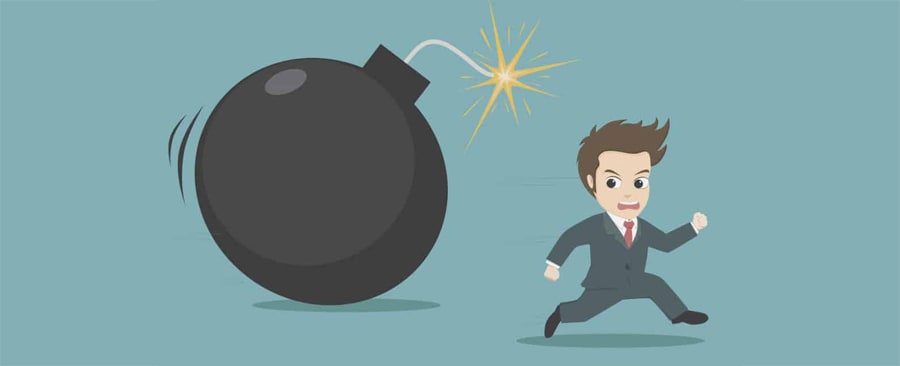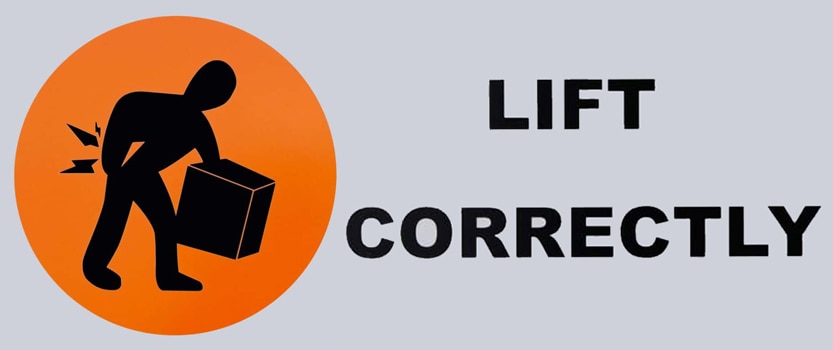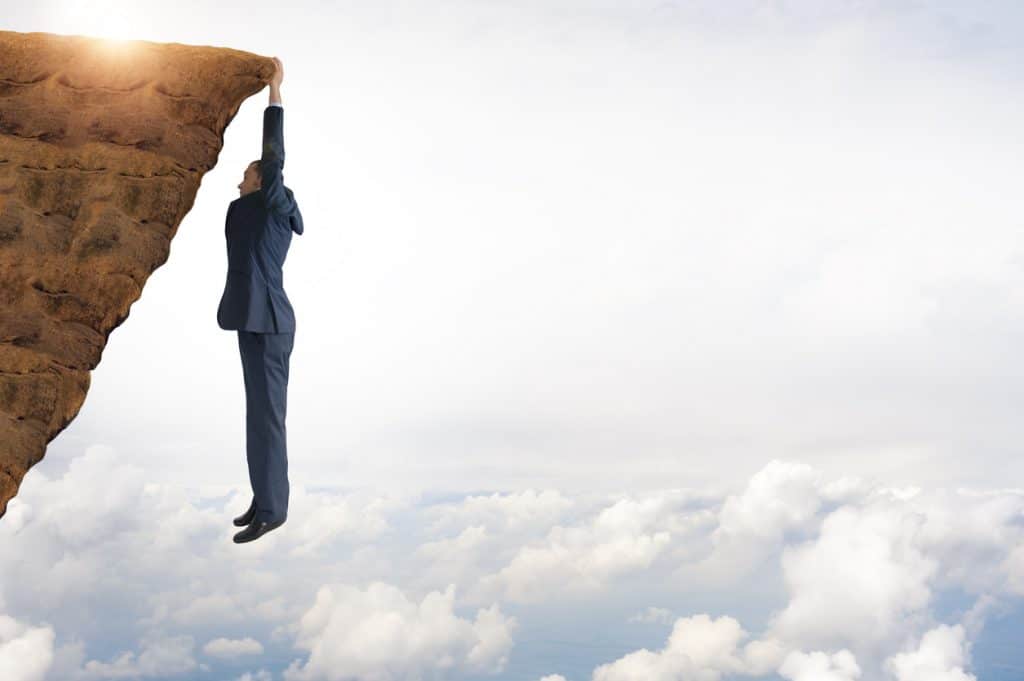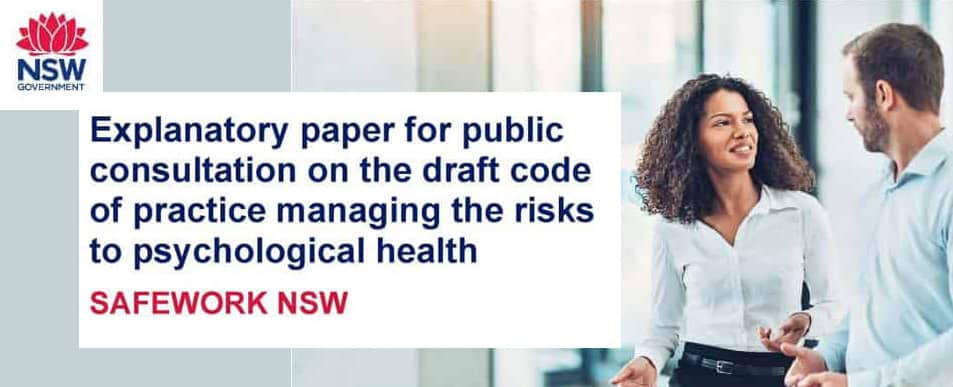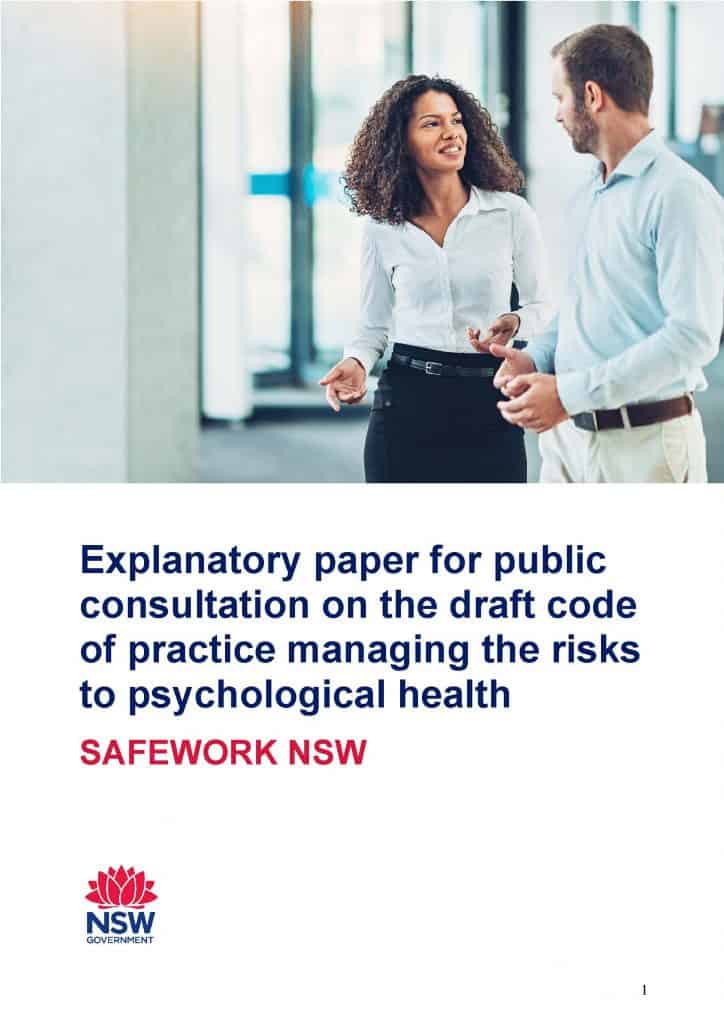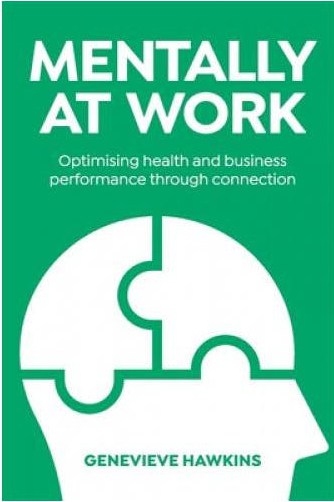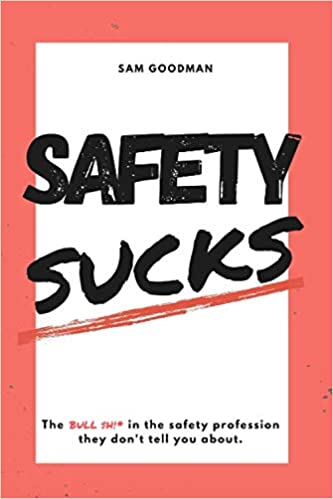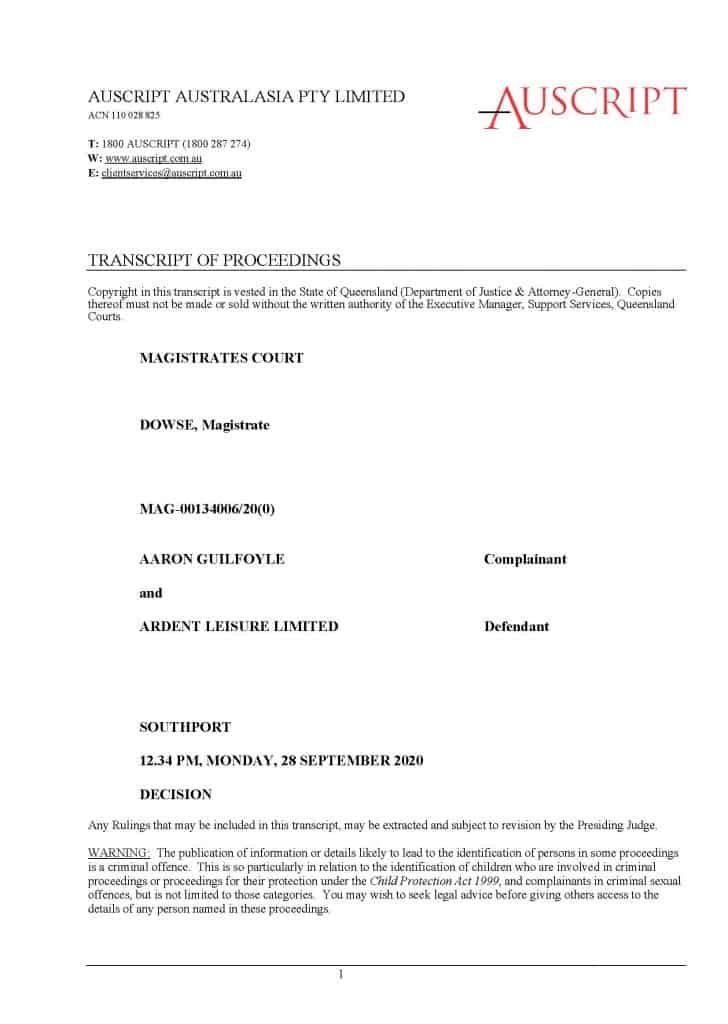
Some readers raised eyebrows on the article titled “No lessons in the Dreamworld penalty” but the point was that the occupational health and safety (OHS) due diligence and governance lessons were there months ago following the Coroner’s damning findings.
Most of the media’s attention has been on the record size of the financial penalty but looking at Judge Dowse’s decision in the case provides a better understanding of that penalty, the breaches of the safety legislation and the opinions of the judge.


